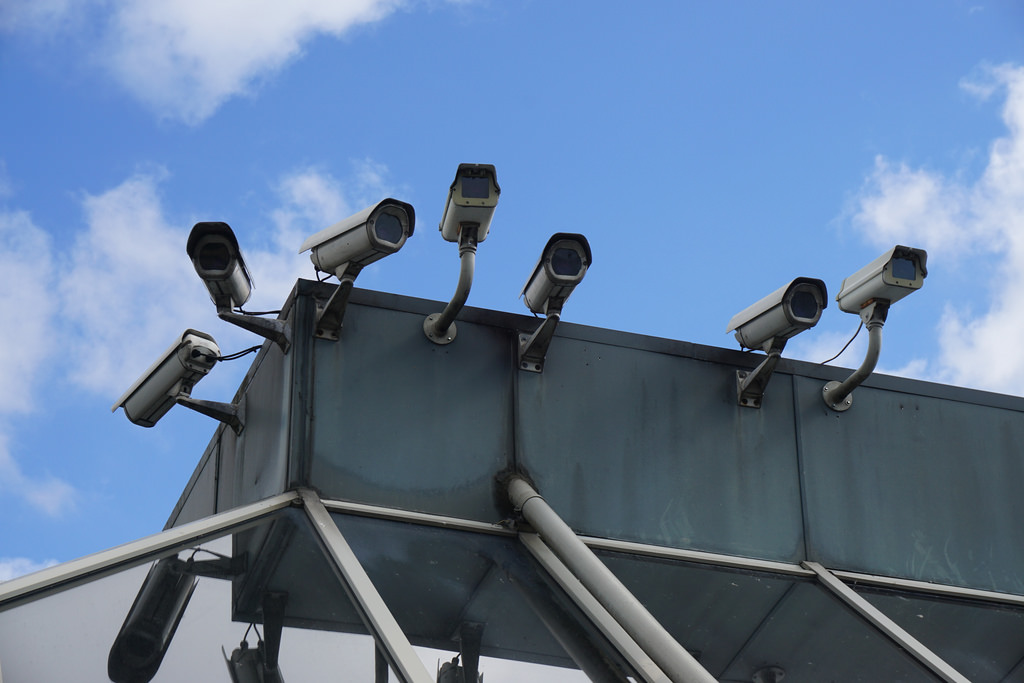Barely two weeks after Huawei technicians were accused of allegedly helping some government officials in Zambia and Uganda to spy on their political opponents, the Ugandan government has confirmed its collaboration with the Chinese-based technology company to install closed-circuit television cameras (CCTV) across the country.
According to reports, the Ugandan police say $126 million has been spent on a CCTV system that uses facial recognition and other artificial intelligence software provided by Huawei to fight violent crimes that are continually increasing in the country and also “as a measure to strengthen law and order.”
The nationwide installation of CCTV is part of Huawei’s Safe City Initiative, which was first rolled out in Kenya during Pope Francis’ visit in 2015.
So far, Huawei has installed 1,800 HD (High Definition) cameras and 200 HD traffic surveillance system in Nairobi, Kenya’s capital city.
While in Kampala — the metropolitan capital of Uganda — about 2,500 out of a planned 3,200 cameras have been reportedly installed. In due time, Huawei will extend the system installation to all major towns in the country.
However, this new development in the East African country has raised concerns from the opposition parties. They claim that the ruling party plans to use the CCTV system to spy on political rivals and maintain power forcefully.
Zimbabwe is set to join Kenya and Uganda having signed a deal for nationwide installation of CCTVs in April 2018 with CloudWalk — a Chinese-developer of facial recognition software.










